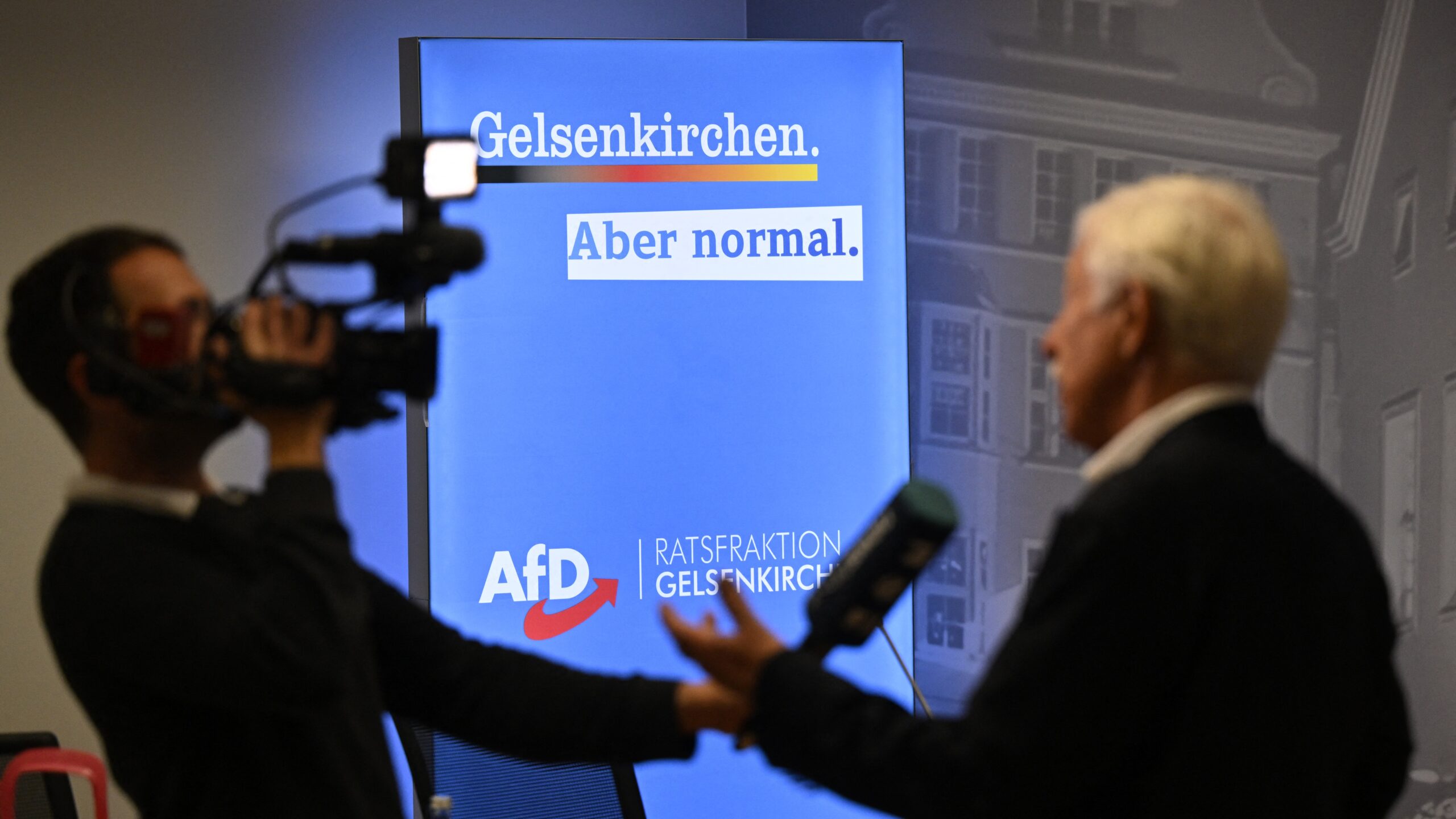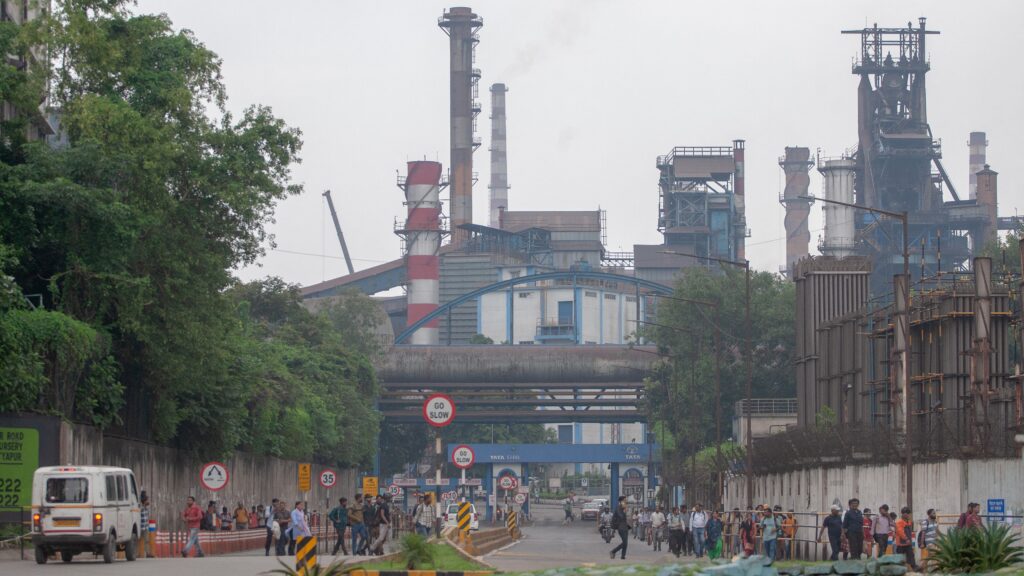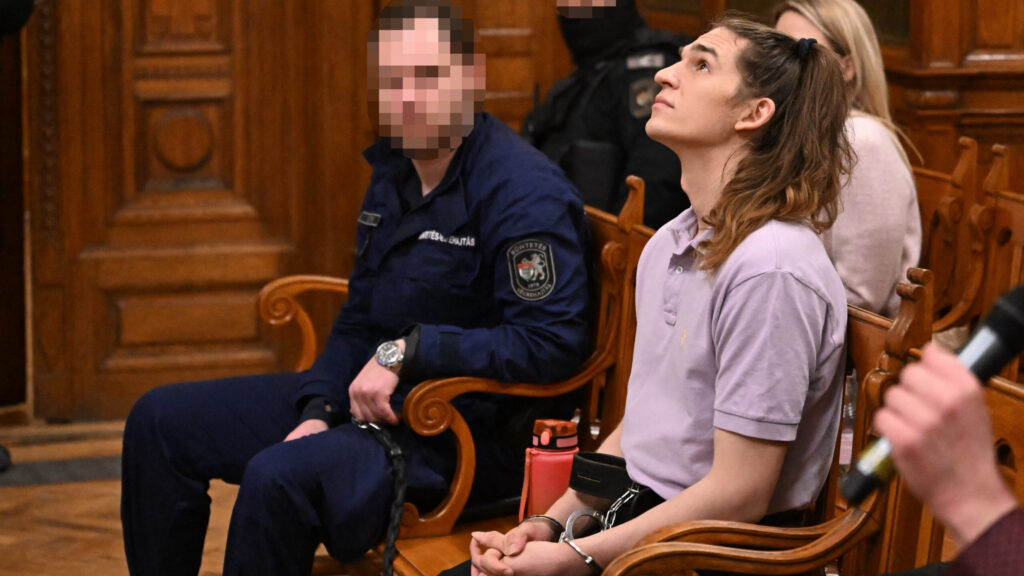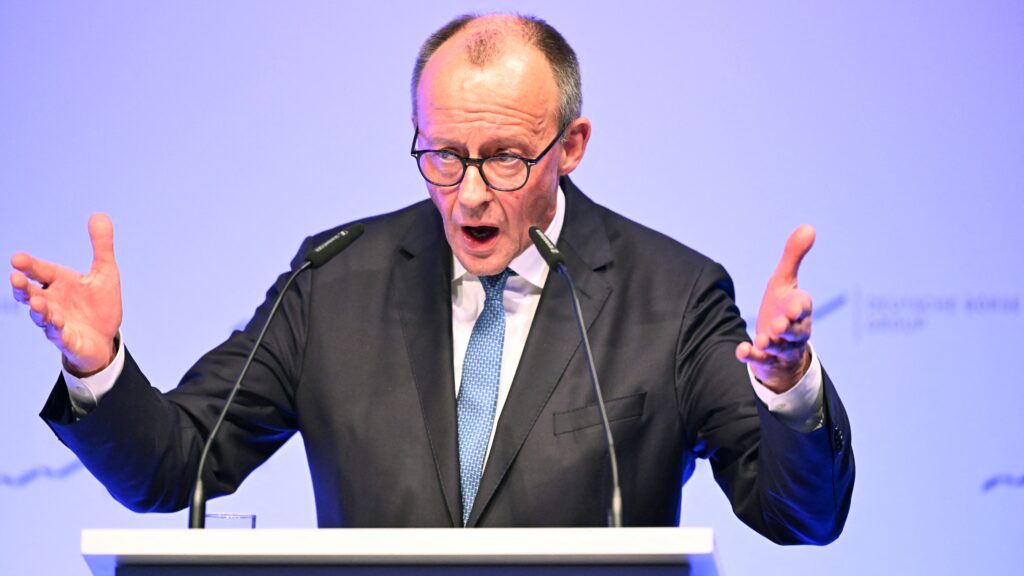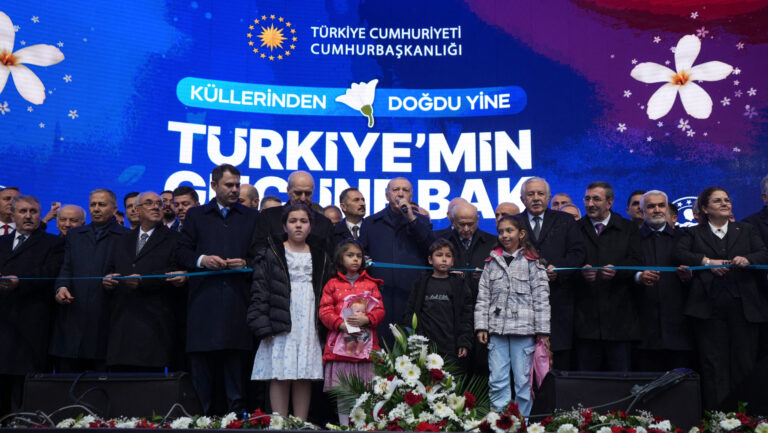The recent local elections in North Rhine–Westphalia (NRW) have been overshadowed by an unprecedented and disturbing phenomenon that has sent shockwaves through German politics. In the weeks leading up to the 14 September 2025 vote, an extraordinary number of Alternative für Deutschland (AfD) candidates died suddenly, raising uncomfortable questions about coincidence, statistics, and the health of German democracy itself.
The Grim Tally
What began as isolated tragic events soon evolved into a pattern that defied easy explanation. Seven AfD candidates died in the weeks preceding the election, though the rapid succession of deaths initially led to confusion in reporting, with many sources initially citing six deaths. The most recent was Hans-Joachim Kind, an 80-year-old candidate in Kremenholl who died of natural causes after a long illness, bringing the confirmed total to seven deaths.
State police, who investigated the initial four deaths announced on 1 September, found no evidence of third-party involvement, with German-language news reports indicating all passed of natural causes. Yet the clustering of these deaths within such a compressed timeframe has proven impossible to ignore, particularly given the political climate surrounding the AfD's growing influence in German politics.
The deaths created immediate practical complications for the electoral process. The fatalities prompted affected cities to invalidate early votes and scramble to reprint ballots, disrupting what should have been a routine local democratic exercise. The logistical nightmare was compounded by the timing—occurring so close to the election that replacement candidates could barely be organized.
Beyond the deaths, the AfD faced additional hurdles when two mayoral candidates were excluded from elections in neighbouring Rhineland–Palatinate and North Rhine–Westphalia due to concerns over their constitutional loyalty. Election committees cited doubts about the candidates' commitment to the free democratic basic order (fdGO), decisions later upheld by courts (VG Neustadt, OVG Rhineland–Palatinate, and VG Minden).
‘While these decisions are presented as means protecting constitutional loyalty, they reveal a clear pattern of institutional hostility’
These exclusions were justified with flimsy pretexts, such as a single inflammatory Facebook post questioning Germany’s sovereignty or vaguely defined affiliations with the New Right. While these decisions are presented as means protecting constitutional loyalty, they reveal a clear pattern of institutional hostility. The subjective and often absurd grounds for disqualification demonstrate a deliberate effort to suppress the democratic participation of the Alternative für Deutschland party.
Statistical Impossibility or Tragic Coincidence?
The controversy reached new heights when Stefan Homburg, a respected economist and professor emeritus at the University of Hannover, weighed in on the situation. Homburg declared on social media platform X that the cluster of deaths were ‘Statistisch fast unmöglich’ (‘Statistically almost impossible’), a statement that rapidly gained traction across German social media and international platforms.
Homburg's assessment echoed across social media where suspicions of targeted suppression went viral. His academic credentials lent weight to what might otherwise have been dismissed as conspiracy theorizing, forcing a more serious examination of the probability mathematics involved.
The statistical argument hinges on the clustering effect—while individual deaths among a large candidate pool might be expected, the concentration of fatalities within a specific party and timeframe presented odds that Homburg and others found difficult to accept as mere coincidence. The professor's intervention transformed what might have remained a local German story into an international talking point about the nature of political opposition and democratic safety.
Weidel's Response and Political Amplification
On 31 August AfD co-leader Alice Weidel responded to the developing situation by reposting Homburg's message, adding her own caption: ‘Vier AfD-Kandidaten gestorben’ (‘Four AfD candidates have died’), effectively amplifying the statistical argument to her substantial social media following.
Her decision to publicly address the issue reflected legitimate concerns about the unprecedented nature of the deaths, particularly given the broader context of institutional pressure the party has faced through various legal and administrative measures in recent years.
The international dimension expanded when X owner Elon Musk also boosted Homburg's comments, noting that ‘either Germany votes AfD or it is the end,’ bringing global attention to what had begun as a regional German political story.
AfD's Electoral Surge and Growing Influence
The candidate deaths occurred against the backdrop of the AfD's continued electoral success and growing political influence across Germany. The party had achieved a 20.8 per cent vote share in recent elections, demonstrating their rising influence in German politics. This growth trajectory has made the AfD an increasingly significant force in German political life, particularly in eastern states where their anti-establishment message resonates strongly with voters frustrated by traditional parties.
‘The candidate deaths occurred against the backdrop of the AfD's continued electoral success and growing political influence across Germany’
The AfD's rise has been characterized by their ability to capitalize on voter dissatisfaction with immigration policies, European Union integration, and what they characterize as the political establishment's disconnect from ordinary German concerns. Their success in positioning themselves as the authentic voice of German nationalism has earned them both devoted supporters and fierce opposition from across the political spectrum.
In North Rhine–Westphalia specifically, the party had been working to expand their presence in local government, seeing municipal elections as crucial stepping stones toward broader political legitimacy. The deaths of multiple candidates represented not just personal tragedies but potential setbacks to these political ambitions, removing experienced local figures who had invested significant time in building party infrastructure.
Official Response and Investigation
Despite the statistical concerns raised by Homburg and amplified by Weidel, German authorities maintained their position that the deaths resulted from natural causes. Deputy AfD chairman Kay Gottschalk called for investigations but cautioned against jumping to conclusions, striking a balance between addressing party concerns and demonstrating responsible leadership.
Gottschalk—in Politico’s Berlin Playbook podcast—stated that there was no reason not to call the deaths a coincidence, noting that the partial information available did not support alternative theories. This measured response from the party leadership created an interesting dynamic, with local party officials taking a more cautious approach, while national figures such as Weidel embraced the controversy.
The official investigation process highlighted the delicate balance that the authorities must strike between thoroughness and respect for grieving families. Privacy concerns limited the disclosure of specific causes of death to the public, creating an information vacuum that inevitably filled with speculation and theories.
Broader Implications for German Democracy
The NRW candidate deaths have illuminated broader tensions within German democracy, particularly regarding the treatment of opposition parties and the boundaries of acceptable political discourse. Whether the deaths represent tragic coincidence or something more sinister, their impact on public trust and political discourse cannot be understated.
The incident has reinforced AfD narratives about institutional hostility toward their movement while providing ammunition for those who argue that Germany's political establishment views the party as an existential threat. These dynamics, regardless of their factual basis, contribute to the polarization that characterizes contemporary German politics.
The exclusion of AfD candidates on weak justifications, such as a single inflammatory statement or loosely defined ideological connections, provides concrete evidence of this hostility. It exposes a system that seems to prioritize silencing dissent over fostering fair competition. While these actions are justified under the guise of protecting democracy, they instead risk undermining it by alienating a significant portion of the electorate.
The international attention generated by the story, particularly Musk's involvement, demonstrates how local German political events can rapidly acquire global significance in an interconnected media environment. This amplification effect ensures that questions about the deaths will likely persist well beyond the immediate electoral cycle.
The deaths of multiple Alternative for Germany (AfD) candidates ahead of the North Rhine–Westphalia local elections represent either an extraordinary statistical coincidence or evidence of something far more troubling within German political life. Although the authorities claim that all fatalities were due to natural causes, the statistical improbability identified by Professor Homburg and emphasized by Alice Weidel means that this story will continue to resonate within German political discourse.
‘The persecution of the AfD is not just a narrative; it is a harsh reality’
Furthermore, these events expose a deliberate campaign to marginalize the AfD, which undermines the democratic principles that the establishment claims to uphold. The persecution of the AfD is not just a narrative; it is a harsh reality, manifested not only in the attitude towards the tragic deaths of candidates, but also in the exclusion of mayoral candidates on tenuous grounds. This reflects systemic efforts to suppress political opposition.
Regardless of the ultimate explanations, these events have demonstrated the fragility of public trust in democratic institutions, as well as the speed with which local incidents can acquire national and international significance. As the AfD continues its political ascent, the circumstances surrounding these deaths will likely remain a focal point for broader debates about the nature of political opposition in contemporary Germany.
Ultimately, the true legacy of these events may not be the election results themselves, but the corrosive doubt that they have created. When citizens question whether the political playing field is level or if dissent comes at the price of invisibility—or worse—the very foundation of democratic legitimacy begins to crumble. Germany must now ask itself not just what will happen to a single party, but what kind of democracy it wants to be: one that confronts its deepest controversies with courage, or one that allows shadows of suspicion to define its future.
Related articles:

